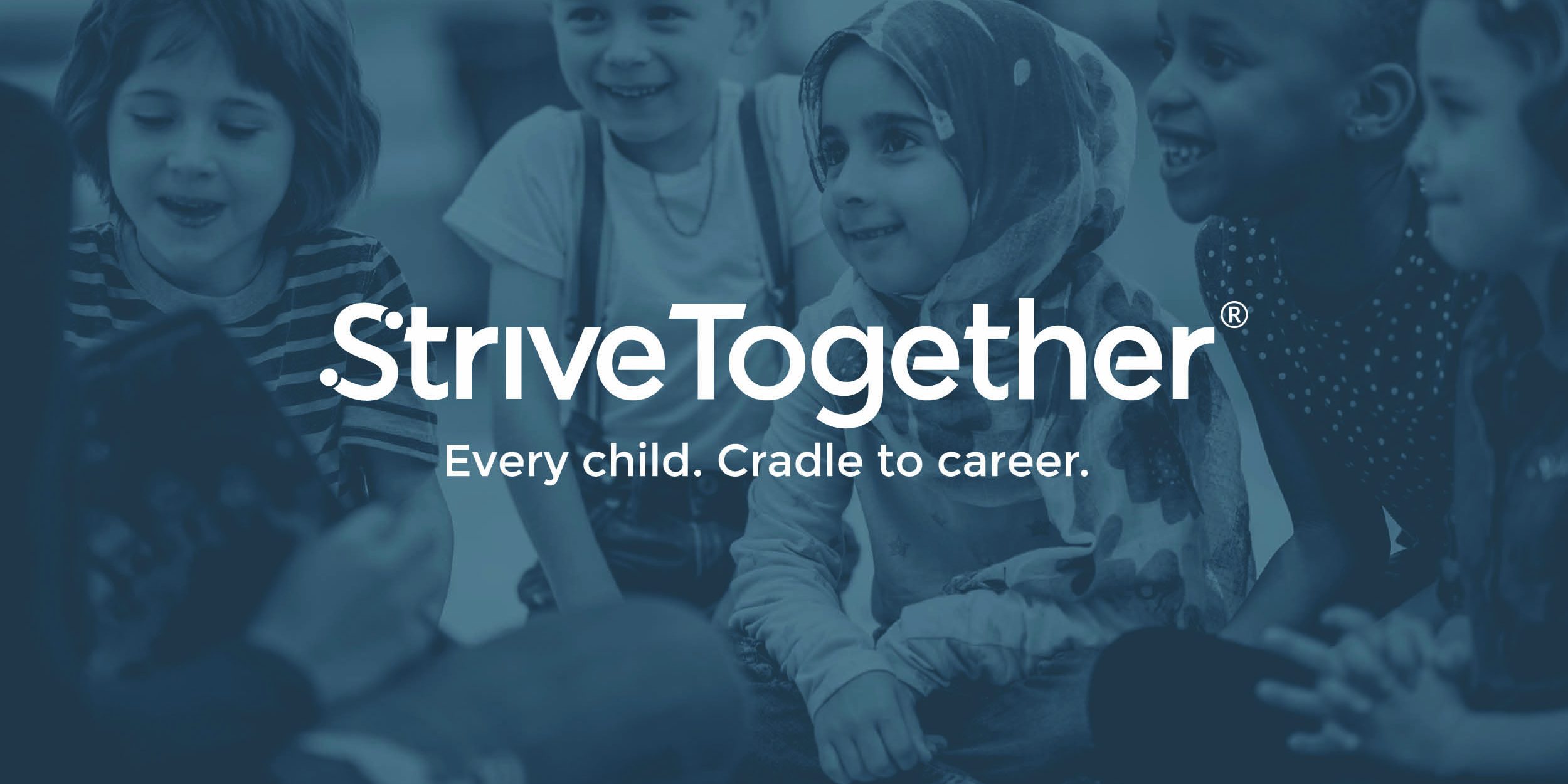We know racism is the root of many problems across our country, and COVID-19 is unmasking these long-standing inequities.
Black, Indigenous, Latinx and Asian communities and communities facing extreme poverty are suffering the brunt of the pandemic due to structural and institutional racism, which leads to inequities in systems like education, employment, health care, housing and food security. The need to transform these systems has never felt more urgent.
During these tough times, we are learning a lot from the diverse partnerships of the StriveTogether Cradle to Career Network working in 70 U.S. communities. Common themes are emerging around the disruptions and anticipated long-term impacts of COVID-19 on the livelihoods of young people from cradle to career:
- Digital divide: Many communities lack access to devices and broadband internet, leading to limited ability for children to navigate remote learning opportunities.
- Learning loss: Due to the digital divide, competing commitments (like caring for siblings or working) and reduced teacher effectiveness, students of color and students experiencing poverty are falling further behind academically.
- Child care: Child care is only being provided for essential workers. Child care and early learning centers are at risk of not reopening, creating a gap in quality early learning.
- Health care: Black and Latinx families are at higher risk of fatal illnesses and many will not seek medical treatment because of historic inequities within the health care system.
- Food security: Many students depend on schools for two meals every day, but with schools closed, they risk going hungry.
- Language access: Non-English-speaking families have even more difficulty accessing support like internet access, educational resources and mental health services.
The local cradle-to-career partnerships are responding to these common factors by being flexible and nimble, serving as change agents to their communities in crisis. The actions they are taking can be replicated in other communities to support children and families in need.
- Take up the role of convener to reduce duplication of relief efforts and align and target supports to populations in our circle of human concern:
- Graduate Tacoma in Tacoma, Washington, quickly partnered with the local Urban League to establish an online hub to share resources on everything from food and housing assistance to at-home activities with community residents.
- E3 Alliance, which serves Central Texas, is mobilizing volunteer mentors and tutors to support graduating high school seniors as they prepare to transition to postsecondary opportunities. This isn’t just a recovery response — the region intends to grow and accelerate this practice in the future to ensure all young people have the guidance and resources they need when making a major life transition.
- Use data and stories to amplify racial inequities exacerbated by this crisis:
- ImpactTulsa in Tulsa, Oklahoma, built on existing data for the Child Equity Index to create internet access maps by census tracts and help districts use this data to adapt their response ensuring education access for all students.
- In collaboration with the local school district, Northfield Promise in Northfield, Minnesota, used Tableau to create maps of students without internet access and maps of lower-income neighborhoods to guide food delivery route planning. With data at their fingertips, teachers and district staff can target outreach to students.
- Work with youth and families to create lasting change:
- Collaborating with young people has remained essential to Baltimore’s Promise’s approach amidst the crisis. In Baltimore, Maryland, young adults in the Grads2Careers program have provided input on programs and strategies, while receiving support and mentoring.
- In San Antonio, Texas, UP Partnership is centering youth voices and experiences in its policies and strategies. The partnership hired two youth interns who inform the decisions of Our Tomorrow, a network of young people across San Antonio, and infuse intergenerational leadership across the partnership by advising on matters of strategy, hiring and communications.
- Influence investors to align resources and advocate for policy change:
- Partners for Education at Berea College, which serves 54 rural counties in Appalachian Kentucky, is advocating with partners for federal legislation, the Success for Rural Students and Communities Act of 2020. If successful, the legislation will increase enrollment and completion rates, advance rural economic development, promote economic growth and foster innovation.
- In addition to designing and implementing the state of Utah’s emergency child care program, Promise Partnership of Salt Lake is leading a state task force to create a stabilization program for the child care sector so that there is a transformed and more resilient system in place for the long haul.
This incredible work brings me hope. These are just a few of the many solutions communities are finding to address the twin crises we face of COVID-19 and systemic racism. We really do have the power in our neighborhoods and cities to transform systems and improve the future.
StriveTogether contributed these examples to Thriving Together: A Springboard for Equitable Recovery and Resilience in Communities Across America, which highlights actions that communities can take in the wake of COVID-19. To read more about our work and other organizations focused on local partnerships, read the full report.






